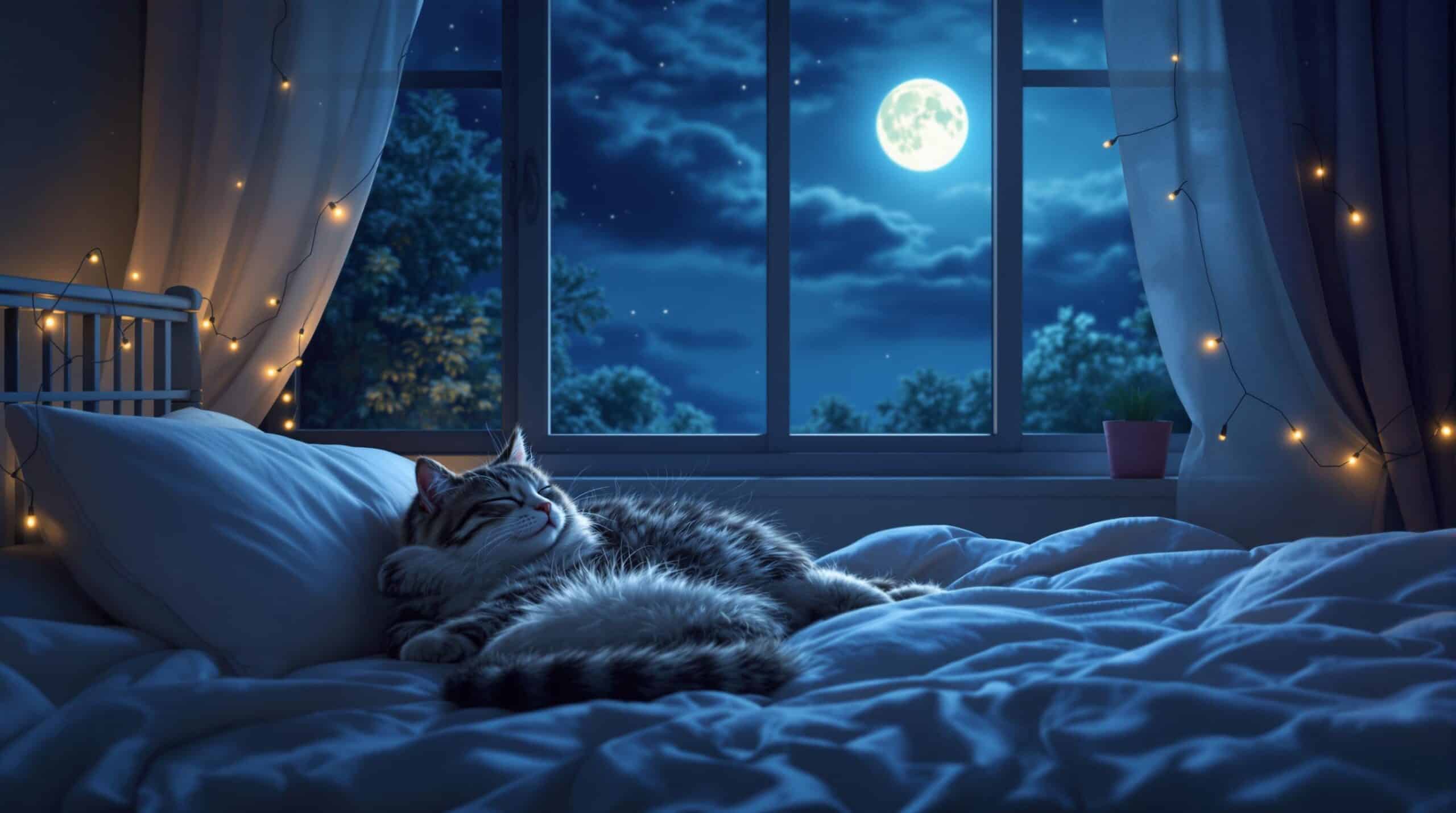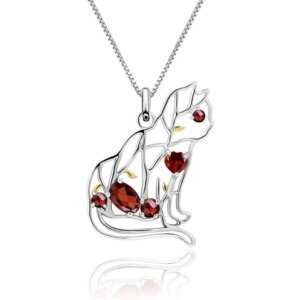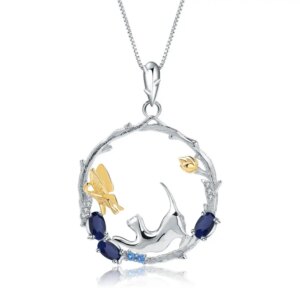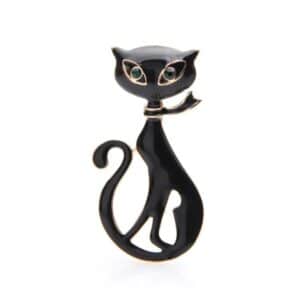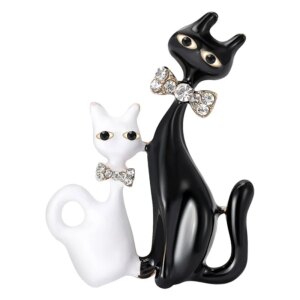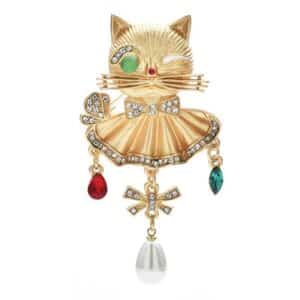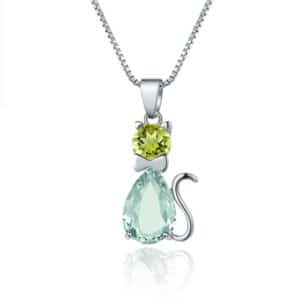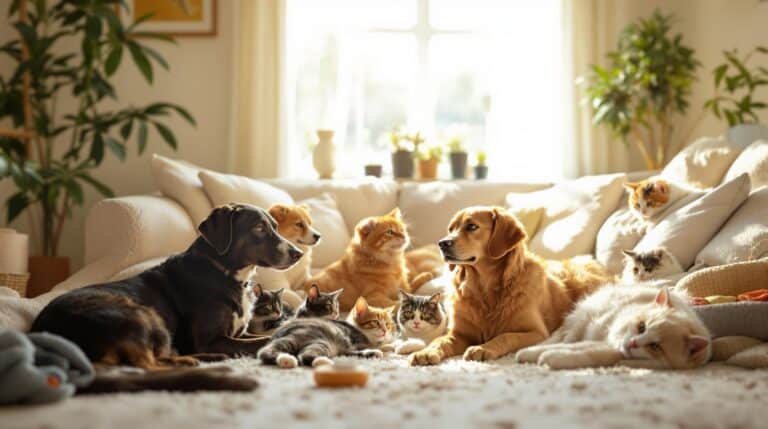At Cat Karma Creations, we understand that cats yowling at night can be a frustrating and disruptive issue for pet owners. This article explores the reasons behind this behavior, including biological and environmental factors, and provides practical solutions to ensure a peaceful night’s sleep. By understanding the causes and implementing effective strategies, you can help your cat feel more comfortable and reduce nighttime disturbances. Discover how to address cat yowling and create a harmonious living environment.
Why Do Cats Yowl at Night
Biological Factors
Cats are naturally crepuscular or nocturnal animals, meaning they are most active during the early morning and late evening hours. This instinctive behavior can lead to increased vocalization, especially at night. Additionally, cats have a heightened sense of hearing and can be more sensitive to environmental changes, which may trigger their yowling behavior. At Cat Karma Creations, we offer a range of cat-themed jewelry and gifts that can help you celebrate your love for your feline friend, even during challenging times.
Environmental Factors
The environment in which your cat lives can significantly impact their behavior. Factors such as a lack of stimulation, changes in routine, or the presence of other pets can trigger yowling. For example, if your cat is bored or lonely, they may vocalize more to seek attention. Similarly, if there are other cats in the neighborhood, your cat may yowl to assert their territory or respond to mating calls. Our cat-themed jewelry can be a thoughtful gift to show your cat how much you care, even when they’re being a bit noisy.
Behavioral Factors
Cats yowling at night can also be a result of behavioral issues. These may include attention-seeking behavior, anxiety, or restlessness. Cats may yowl to express their needs or emotions, especially if they feel neglected or stressed. Understanding these behavioral factors is crucial for addressing the root cause of the yowling and finding effective solutions. At Cat Karma Creations, we believe in the power of quality materials and unique designs to uplift and comfort cat lovers.
Common Causes of Cat Yowling
Pain and Health Issues
Pain and health issues are common causes of cats yowling at night. If your cat is yowling more frequently or intensely, it could be a sign of an underlying health problem. Conditions such as urinary tract infections, hyperthyroidism, or dental problems can cause discomfort and lead to increased vocalization. It’s important to consult a veterinarian to rule out any medical issues and ensure your cat receives the appropriate treatment. Our cat-themed jewelry can serve as a beautiful reminder of your commitment to your cat’s well-being.
Anxiety and Stress
Anxiety and stress are significant contributors to cats yowling at night. Cats can become anxious due to various factors, such as changes in their environment, separation from their owners, or the presence of other animals. Anxiety can manifest in different ways, including pacing, restlessness, and yowling. Identifying and addressing the source of your cat’s anxiety is essential for reducing their vocalization and promoting a calmer environment. At Cat Karma Creations, we draw inspiration from both Welsh and Canadian cultures, reflecting a unique blend of artistry in our designs.
Mating Calls and Territorial Behavior
Cats, especially unneutered males, may yowl at night to attract a mate or assert their territory. Mating calls can be loud and persistent, disrupting the peace and quiet of your home. Neutering your cat can help reduce this behavior, as it lowers the production of hormones that drive mating behavior. Additionally, providing a secure and comfortable environment can help minimize territorial yowling. Our nature-inspired jewelry can be a perfect gift for those who appreciate the beauty of the natural world, just like your cat.
How to Address Cat Yowling at Night
Veterinary Consultation
If your cat is yowling at night, it’s important to consult a veterinarian to rule out any underlying health issues. A vet can perform a thorough examination and necessary tests to identify any medical conditions that may be causing your cat’s vocalization. Depending on the diagnosis, your vet may recommend treatment options such as medication, dietary changes, or other interventions to alleviate your cat’s discomfort and reduce yowling. At Cat Karma Creations, we collaborate with cat rescue charities by donating products or funds to support feline welfare, ensuring that your purchase supports a good cause.
Environmental Enrichment
Creating an enriched environment can help reduce cats yowling at night. Provide your cat with plenty of toys, scratching posts, and interactive playtime to keep them mentally and physically stimulated. A stimulating environment can help alleviate boredom and reduce attention-seeking behavior. Additionally, consider providing a comfortable and quiet sleeping area for your cat, away from noisy areas of the house. Our sterling silver jewelry can be a beautiful addition to your collection, reflecting your love for your cat and the quality materials we use.
Behavioral Modification Techniques
Behavioral modification techniques can be effective in managing cats yowling at night. These techniques include positive reinforcement, such as rewarding your cat for quiet behavior, and consistent training to discourage yowling. You can also use clicker training to teach your cat new behaviors and reduce unwanted vocalization. Consistency is key, so be patient and persistent in your training efforts. At Cat Karma Creations, we offer custom designs, accommodating requests for different sizes or stones, ensuring that your jewelry is as unique as your cat.
Creating a Calm Sleeping Environment
A calm and quiet sleeping environment is crucial for reducing cats yowling at night. Ensure your cat has a comfortable bed or sleeping area, and consider using calming aids such as pheromone diffusers or calming sprays. You can also play soft, soothing music or white noise to help your cat relax and fall asleep. Creating a consistent bedtime routine can also help signal to your cat that it’s time to wind down and rest. Our stylish cat lover necklaces can be a perfect gift for anyone who loves their feline friends, including you!
Tips for Managing Cat Yowling
Establish a Routine
Establishing a consistent routine can help reduce cats yowling at night. Feed your cat at the same time each day, and provide regular play sessions to tire them out before bedtime. A predictable routine can help your cat feel more secure and reduce anxiety-related yowling. Additionally, try to avoid sudden changes in your cat’s environment, as these can trigger stress and vocalization. If you need any assistance or have questions, feel free to contact us or reach out to us at info@catkarmacreations.com.
Provide Comfort and Support
Providing comfort and support to your cat can help reduce cats yowling at night. Spend quality time with your cat, offering gentle petting and reassurance. If your cat is experiencing anxiety or stress, consider using calming aids such as pheromone diffusers or calming supplements. You can also create a safe and quiet space for your cat to retreat to when they feel overwhelmed. Our wrap around cat ring can be a beautiful symbol of your bond with your cat, reminding you of the love and comfort you share.
Use White Noise or Calming Music
Playing white noise or calming music can help reduce cats yowling at night. These sounds can mask other environmental noises and create a more peaceful environment for your cat. You can find a variety of calming sounds and music designed specifically for pets, which can help your cat relax and fall asleep more easily. Follow us on Facebook and Instagram to stay updated on our latest products and tips for cat lovers.
Consider Natural Remedies
Natural remedies can be a helpful addition to managing cats yowling at night. Herbs such as valerian root, chamomile, and lavender have calming properties and can be used in the form of teas, sprays, or supplements. However, it’s important to consult with a veterinarian before using any natural remedies to ensure they are safe and appropriate for your cat. Our lovely peridot crystal cat necklace can be a beautiful and meaningful gift for any cat lover in your life.
Popular Quote
“Cats are a mysterious kind of folk. There is more passing in their minds than we are aware of.” – Charles de Secondat, Baron de Montesquieu
Statistical Fact
According to a study published in the Journal of Feline Medicine and Surgery, approximately 30% of cats exhibit some form of vocalization at night, with the most common causes being anxiety, pain, and environmental factors. It’s important to address these issues to ensure your cat’s well-being and a peaceful night’s sleep. (Source: Journal of Feline Medicine and Surgery)
Three Tips for Managing Cat Yowling
- Establish a Routine: Feed your cat at the same time each day and provide regular play sessions to tire them out before bedtime. A consistent routine can help your cat feel more secure and reduce anxiety-related yowling.
- Provide Comfort and Support: Spend quality time with your cat, offering gentle petting and reassurance. Consider using calming aids such as pheromone diffusers or calming supplements to help your cat relax.
- Create a Calm Sleeping Environment: Ensure your cat has a comfortable bed or sleeping area, and use calming aids such as white noise or soft music to help them relax and fall asleep more easily.
Popular Questions
Why is my cat yowling at night?
Cats yowl at night for various reasons, including biological factors, environmental changes, and behavioral issues. Common causes include pain, anxiety, mating calls, and territorial behavior. Understanding the root cause can help you address the issue effectively.
How can I stop my cat from yowling at night?
To stop your cat from yowling at night, consult a veterinarian to rule out any underlying health issues. Create an enriched environment with plenty of toys and playtime, and use behavioral modification techniques such as positive reinforcement. Providing a calm and quiet sleeping environment can also help reduce yowling.
Is it normal for cats to yowl at night?
While it’s not uncommon for cats to yowl at night, persistent or intense yowling can be a sign of an underlying issue. If your cat’s yowling is disrupting your sleep or is accompanied by other symptoms, it’s important to consult a veterinarian to ensure your cat’s well-being.
What are some natural remedies for cat yowling?
Natural remedies such as valerian root, chamomile, and lavender can help reduce cat yowling. These herbs have calming properties and can be used in the form of teas, sprays, or supplements. However, it’s important to consult with a veterinarian before using any natural remedies to ensure they are safe and appropriate for your cat.
Final Thoughts About cats yowling at night
Understanding the reasons behind cats yowling at night is crucial for addressing this behavior effectively. By considering biological, environmental, and behavioral factors, you can create a more comfortable and peaceful environment for both you and your cat. Don’t hesitate to consult a veterinarian if the yowling persists or is accompanied by other symptoms. With the right strategies, you can ensure a good night’s sleep and a happy, healthy cat. If you have any questions or need assistance, feel free to contact us or reach out to us at sales@catkarmacreations.com. We’re here to help you and your feline friend.
- Understand the different types of cat vocalizations and their meanings
- Identify common causes of cat yowling at night, such as pain, anxiety, and mating calls
- Create a calm and quiet sleeping environment to reduce nighttime disturbances
- Consult a veterinarian if yowling is persistent or accompanied by other symptoms
- Use environmental enrichment and behavioral modification techniques to manage yowling
- Provide comfort and support to your cat, especially if they are experiencing stress or anxiety

